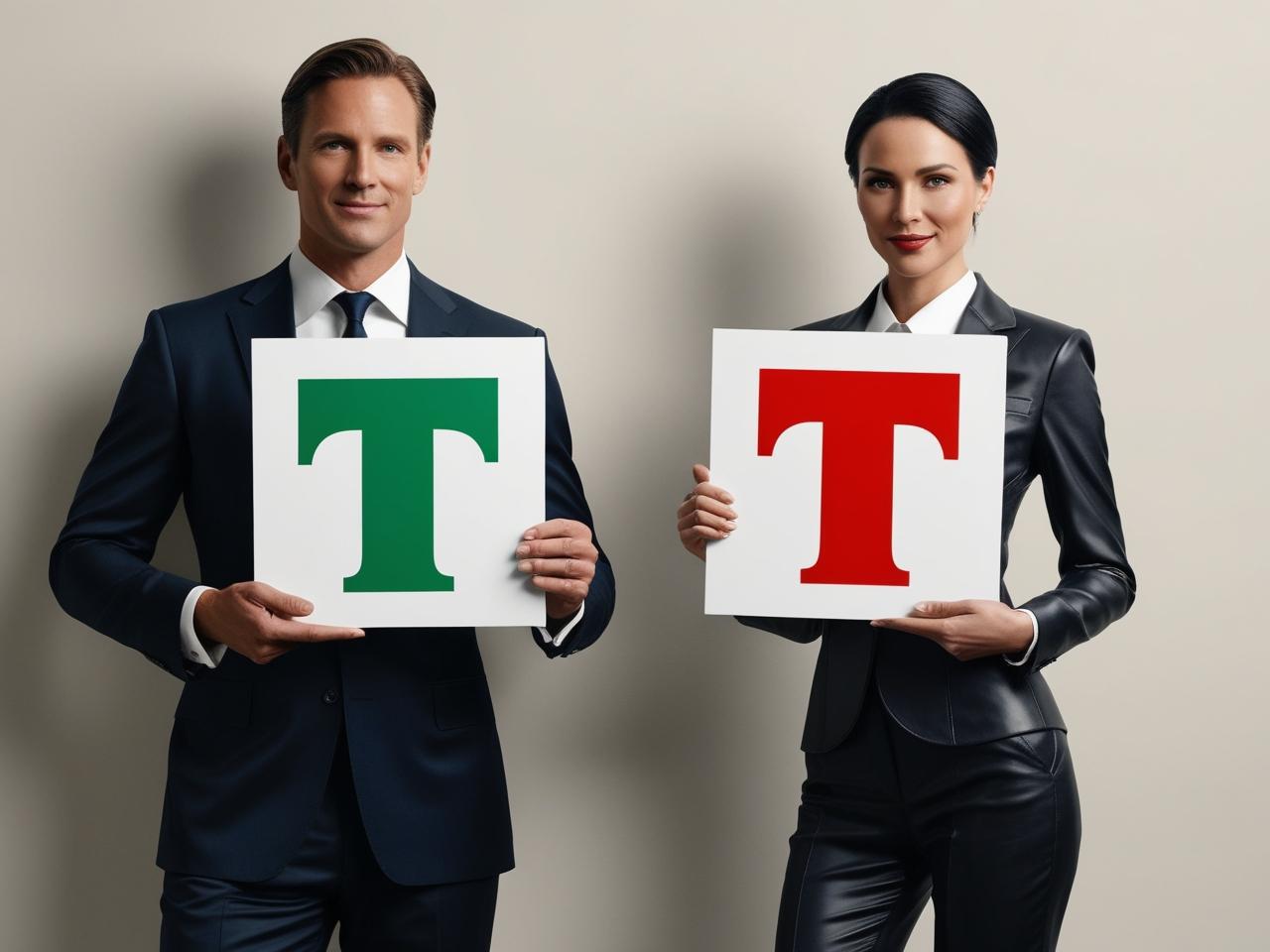
The Specialist Advantage: Faster Recognition, but a Narrower Path
There's no doubt about it: specialists are often easier to refer.
When someone asks, "Do you know a good copywriter?" or "Who’s a branding consultant?", it’s simple for a client to connect the dots if you’re clearly associated with that one service.
Focusing on a single, specific offer can help:
- Build brand recognition faster
- Make marketing simpler
- Create a clear path to authority in your niche
But here's the risk: if demand for that niche shrinks, or if your interests evolve, you can get boxed in.
It’s harder to pivot when everyone knows you for just one thing.
The Generalist Advantage: Adaptability and Broader Opportunities
On the other hand, being a generalist — or better yet, a T-shaped professional (deep in a few areas, broad across many) — gives you breathing room.
You can test different services.
You can evolve based on what your customers actually need — not just what you predicted at the start.
And in today’s world, where skills and industries shift quickly, having a T-shaped skillset is a huge asset.
But the challenge for generalists is this: it's harder to market yourself clearly.
You risk being seen as “good at many things” without being “great at the one thing” someone is desperately searching for.
So... To T or Not to T?
Driving home after that coffee, I realised:
It’s not really an either/or decision.
It's about sequencing and strategy.
When you're starting out, it's absolutely fine — even smart — to offer a few different services.
Treat it like a live experiment:
- What do people naturally ask you for?
- Where do you consistently deliver the biggest value?
- Which services are easy to sell — and which ones feel like pushing a boulder uphill?
Then, double down on what clicks.
Focus your messaging on that offer, without abandoning your broader skills — because they’ll still make you more versatile inside client engagements, even if they’re not on the billboard.
In other words, exploit the T — but start by putting the spotlight on one strong service or product first.
Final Thought
Starting a business when you have a lifetime of experience isn't easy.
You’re not lacking skills — you’re navigating which skills to lean into.
The real magic?
It’s when you can be known for something specific enough that clients remember and recommend you — but versatile enough to evolve as the world, and your business, grows.
That’s the T-shaped advantage.
And if you ask me, in today's fast-changing world — it’s not just smart. It’s essential.